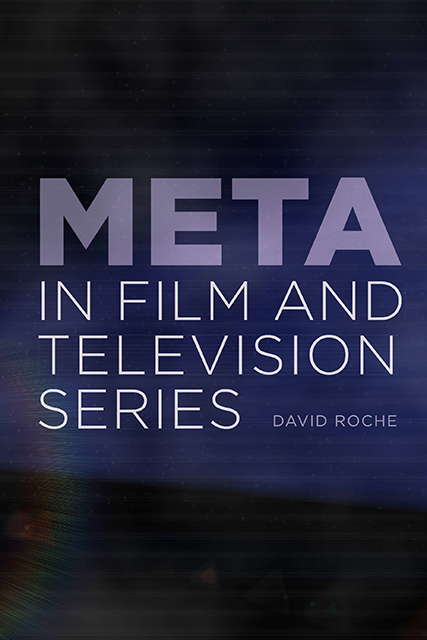Chapter 11 - Politics
Published online by Cambridge University Press: 26 October 2023
Summary
THE POLITICAL POTENTIAL OF META (TOUT VA BIEN)
Meta is narcissistic, solipsistic, has no real-world implications, and is too clever for its own good. These were the chief accusations leveled at literary metafiction in the 1970s and 1980s. Today they are regularly directed at more popular fare. (An online article entitled “Rick and Morty Almost Swallows Itself Whole in a Too Meta Midseason Premiere” states that episode S4E6, in which Rick is endowed with a second butt crack, “disappears so far and deep into its own ass that it needed extra space to make it possible.”) Yet, at this stage of the book, it has become clear that, in connecting fiction, art and media to the real world, meta allows for varied ethical and political implications. Movies about movie-making and -going can expose the capitalist and/or repressive ideology underpinning the industry that stifles artistic impulses (Contempt, Cinema Paradiso, Escape from the “Liberty” Cinema, The Player, Mulholland Dr.) and/or the audience’s status as subjects of consumer society (Gremlins, Cult, Westworld). Films and series can broach the political ambiguities of exploiting historical material (JFK, No) and/or interrogate their own historiographic role (Culloden, Inglourious Basterds). Generally speaking, meta can examine the political and ideological implications of a variety of conventions, whether pertaining to genre, narration and representation. Of the latter categories, representation is, no doubt, the most obviously connected to the real world, since most works aim to re-present, if not the world, at least some of its characteristics (starting perhaps with the commonality and diversity of human experiences). But representation and formal conventions are often—perhaps always—intertwined, if only because representation is mediated by form.
The subtext of Pulp Fiction, for instance, reveals that the series of misfortunes that drive each one of the three stories are systematically targeted at the film’s African American crime lord, Marsellus Wallace, and organized in a gradation: his money, his wife, his body. These assaults materialize the white characters’ more or less visible racial hatred: the rapists, of course; Lance, a drug dealer who brags Vincent Vega cannot purchase heroine this good from black dealers; the white students who mistook Marsellus Wallace for a “bitch”; and even Vincent Vega who shoots a young black man by “accident” and comes close to sleeping with his boss’s wife.
- Type
- Chapter
- Information
- Meta in Film and Television Series , pp. 259 - 280Publisher: Edinburgh University PressPrint publication year: 2022



